Regularly spreading organic matter over the soil surface is the best long-term solution to soil compaction. Organic matter includes compost, shredded leaf mulch, wood chips, straw and chopped leaves. Apply a 3- to 4-inch layer of compost or a layer of wood chips or shredded leaf mulch 2 to 3 inches deep over bare soil in flower beds.
How To Soften Hardpan Soil Without any further help, soil organisms will incorporate the organic matter and begin to open up the soil. If you'd like to quickly break up a hard soil surface for planting, mix the organic matter into the top 3 to 6 inches of soil with a spade. To help soften hard soil in a vegetable garden, add a 2-inch layer of compost twice a year and mix it into the top 2 inches of soil. If the soil in your garden or vegetable patch is bare over winter, spread a layer of mulch over it to protect it from heavy rainfall. Cover crops, also called green manure crops, help loosen clay or compacted soils with their roots and by adding organic matter. They also prevent nutrient loss and erosion during the non-growing season.
Leguminous cover crops, such as winter rye, alfalfa, hairy vetch and clover, which add nitrogen to the soil, are usually planted at the end of summer or early fall. If you find that your lawn or landscape plants appear stunted in their growth, your soil could benefit from aeration, liquid compost and amendments. A one time aeration, however, won't fix soil compaction problems. Compaction is most likely to occur with heavier soils like clay and loam, but when heavy equipment is used, sandy soils can become compacted. These are soil particles that are packed closely together.
The problem may be compounded by events that have happened to the soil over the course of years. The pore spaces are reduced to the point that air and water cannot move freely and plant roots cannot grow easily into the surrounding soil. The soil could remain overly wet longer than is healthy for the plants growing there. Gypsum is easily applied to the soil surface with a regular lawn spreader. It's an ideal amendment for improving soil structure and relieving compaction in existing lawns and gardens. Weighty gardening equipment, foot traffic and heavy downpours cause soil compaction, and clay and loam soils are most susceptible.
However, even sandy soils can harden when compressed by heavy equipment. Excessive weight and rain close the open pores between the soil particles; as a result, the soil hardens. Clay soils often drain very slowly after rainfall, and then they harden and crack when the weather turns dry and warm. To avoid compacting soil, create paths to avoid walking on growing areas.
Don't dig the soil excessively or when it's wet, and don't mix sand into clay soil, which makes it like concrete. Adding organic matter is the key to loosening hard soils. The mineral particles in hard soils are pressed closely together, leaving little room for the air and water that plants need.
Earthworms and other soil organisms draw the compost, leaf mulch or other matter down below the surface, breaking up the compacted particles. You can lightly dig organic matter into the top few inches of soil to help speed up the process. Healthy soil typically is more than 40 percent pore space, with large pores that promote drainage and small pores which help store water. This combination enables air and water to penetrate, promotes good drainage, and allows soil organisms to breathe and plant roots to grow. Machinery, foot traffic and pounding rain compact the soil and make life in the soil difficult. Compacted soils can flood and also be susceptible to drought, since water runs off rather than infiltrating.
You can repair compacted soil by rebuilding its spongy structure. The best way to improve soil compaction is to make sure it doesn't happen in the first place. First thing you can do is avoid tilling your soil when it is too wet or too dry. Additionally, if you must till, try for no more than once a year.
If you are aiming to loosen compacting soil, you can do it in several ways. For larger areas, like lawns, you can use an aerator to puncture the ground giving the soil room to decompress. For smaller areas, like a garden, you can work in compost, peat moss and gypsum that can be used for loosening compacted soil.
Earthworms can also be added to garden beds that have problems with soil compaction that will literally eat their way through compacted soil. The pore space is needed to conduct water and oxygen to your turf and many thousands of other plants, microbes and animals that live in the soil. When the pore space is reduced by even 10%, your turf will suffer. Eventually it will become thin, thus allowing weeds, algae or moss to grow. The compaction generally occurs within a few millimetres under the turf. However, if heavy equipment is used the compaction can reach a depth of 300mm or more.
For example, the repeated parking of cars on turf will compact the soil. Turf soils that are compressed when wet, compact deeper and faster than dry soils. Cover crops help break up hard soils with their roots and by adding plant matter to the soil. Sow cover crops when the soil is bare, such as over winter.
Before planting the area with desired plants in spring, dig up the cover crop and bury the plants in the soil. Cover crops include buckwheat , cereal rye and crimson clover , which are annual plants that naturally die down at the end of their growing seasons. Department of Agriculture plant hardiness zones 10 through 12, and cereal rye is hardy in USDA zones 3 through 7.
Crimson clover is a winter annual in USDA zones 6 through 9 and a summer annual in zones 3 through 4. Instead of gypsum, consider core aerifying in spring, summer or early fall to reduce the compaction and improve plant health. Aerifying with large half-inch hollow tines and punching about 25 holes/square foot will produce good results. Very compacted soil can benefit from several corings each year .
Yes, coring is an expensive service to buy, and most lawns really don't need it; but it won't hurt. And if the soil is compacted, it's usually the best solution to the stifled growth. One way to avoid hard soil is to prevent it from happening. Yearly applications of organic matter will help prevent the soil from becoming hard and compacted again.
To keep soil softened, add organic material such as compost or animal manure into the soil each spring before planting time. Apply organic mulch, like hay, around plants and allow it to decompose and work its way down into the soil. The organic material will ensure the soil is softened year round. For a large vegetable garden, another solution is to grow a cover crop at the end of the season, then mow and turn in the following spring before planting. By mowing and turning the mowed tops in, the soil is additionally loosened. Cover crops could include annual ryegrass, winter wheat, winter rye, buckwheat, oilseed radishes and hairy vetch.
However, it is better to repeat the process several times a year if your soil is compacted, rather than do a lot all at once. If the holes that you make in the turf are about 25-50mm apart, you have done a good job. Repeat that several times a year and your turf should improve. As the turf grows, it too will reduce soil compaction as its roots push soil particles apart.
In the simple sense, soil compaction occurs when some event or object collapses the air pockets in between the components in the soil. A common way for this to occur is pressure from foot traffic or heavy objects, like cars, or an area that is walked on frequently. Compacted soil also happens when the ground is worked in less than ideal conditions. If the soil is too wet when you till for instance, the structure of the soil can collapse.
If the soil does not have enough organic material to "fluff it up," the parts of the soil can settle together. If timely rains don't soften the compacted layers so roots can penetrate the soil, plants will be stunted, and have fewer fine roots and less overall root mass. Corn is most sensitive because it's one of the taller crops. By the end of the season, corn may be 6 inches to 2 feet shorter on compacted soil than on non-compacted soil . Learning how to fix compacted soil can make a world of difference in your lawn. Grass plants depend on their root systems for water and nutrients.
Vertical mulching, carried out during winter, helps aerate compacted soil around tree roots and improves water infiltration. Remove the first core 3 to 8 feet from the trunk and subsequent cores 1 to 3 feet from the first. Space the first cores in each row 1 to 3 feet apart around the tree's trunk. Fill the cores with sand or gravel, or fill them with compost to provide plant nutrients. About half of a healthy soil is made up of mineral particles like sand, silt and clay plus organic matter. That is the room for air and water movement around the mineral particles.
Any excessive soil compaction can impede the roots' growth and limit the amount of soil explored by the roots. This can then decrease the plant's ability to take up nutrients and water. Especially during times of dry weather, soil compaction can lead to weak, stunted plants due to decrease root growth.
On the opposite end, soil compaction in times of wet weather can decrease soil aeration, causing increased denitfrication(loss of nirate-nitrogen elements). Your soil test or extension agent can help you determine the right amount of organic matter for your soil. Walking on your lawn or garden when its wet is a common cause.
Heavy, beating rains also drive clay particles together. Salts from fertilizers and winter de-icing solutions build up in heavy clay as well. Promoting soil life and planting perennial plants will not only help you deal with compacted soil without digging, but also help you to build healthy soil. Aeration should be part of every homeowner's lawn maintenance plan, but it is particularly important for residents of DFW.
Aerating twice a year will keep the easily compacted clay soils of DFW loose and porous for optimal plant growth. Ideally, DFW lawns should be aerated once in the spring and a second time in the fall. Clay's potential as one of the best soil types for plant growth lies in its unique properties.
Managed well, clay soil typically requires less irrigation and less fertilizer, and leads to healthier plants all around. If the ground does not have enough air space, water and nutrients will not circulate properly, making it difficult for your grass to grow. Luckily there is something you can do to soften and prevent soil hardening.
Well, this is something that most lawn owners and gardeners have come across. Not only is it challenging to work on, but it can also trigger a slew of other issues for growing grass in your lawn or garden. Keep reading for an in-depth understanding of hard lawn soil and how to soften hard soil in your lawn. The exception is if you do the tilling or digging only once to help prepare the soil. But make sure to follow up by adding organic material to the surface of the soil and start planting perennial plants—and then stop digging/tilling.
Compacted soil is dead soil (or at least soil that's on life support) that will not grow healthy plants. You can take steps to both prevent soil compaction as well as steps to bring heavily compacted soil back into good health. Another method to soften hard soil is adding organic matter. One reason soil becomes hard, and unfertile because it lacks organic matter. Organic matter, for example, compost or manure, will feed the soil. Additionally organic matter will prevent soil from getting compact, and promote the development of a bio-diverse sub-culture in the soil.
To understand more about organic matter, check out this great paper. Routinely scattering organic matter over the soil surface is the best long-term fix for clay or soil compaction. Without any further help, soil organisms will incorporate the organic matter and begin to loosen the soil.
Whatever hasn't rotted down by then is put on the compost pile. Worms will have carried their castings up through the soil beneath the trash and it will be fine, clear tilth. Common soil amendments include compost, grass clippings, straw, shredded leaves, rotted manure and dried seaweed. Clay soil has very small pore spaces, retarding water movement. Clay characteristically absorbs water slowly and must be watered gently or most of the water will run off instead of into the soil.
Seasoned gardeners know that clay soil worked when wet will compress and become hard as brick when it dries. Working clay when it is dry enough to break into hard clods destroys the granular structure. Air, water, earthworms, microbes, roots and seedlings have trouble moving through clay soil, so crop yields suffer. Top-dressing planting beds with several inches of compost will improve lightly compacted soils.
Earthworms and other soil fauna will gradually pull it down into the soil, loosening it and improving water-holding capacity. A 2- or 3-inch layer of shredded leaf mulch or wood chips will provide similar benefits. By taking steps to improve and maintain your heavy clay soil, you can enjoy all the benefits clay offers and reap the rewards of healthy soil and plants.



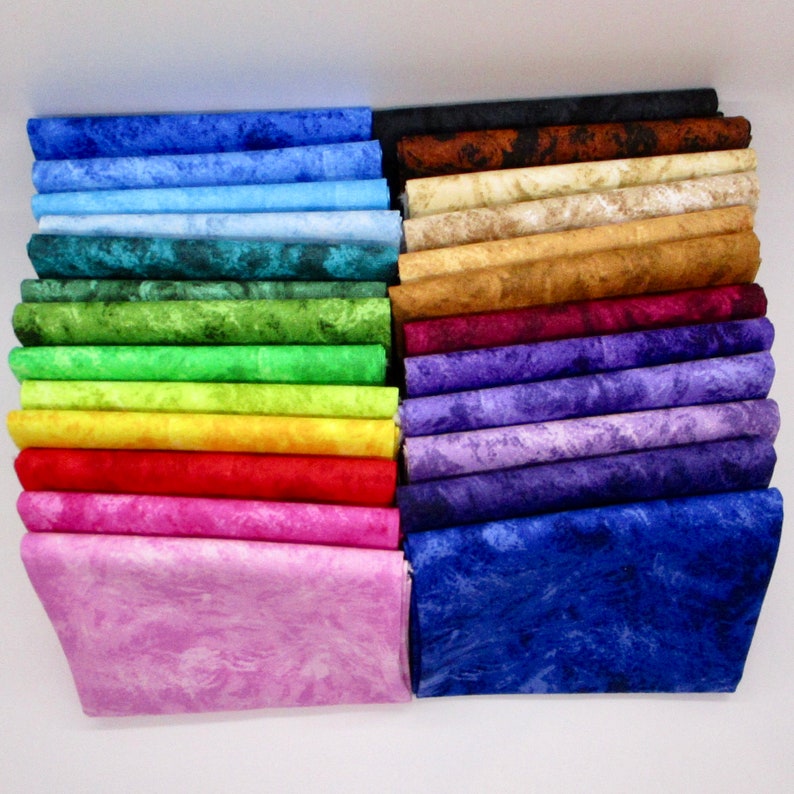









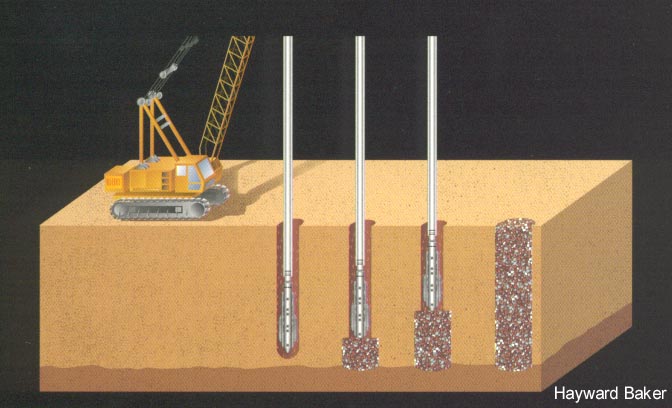





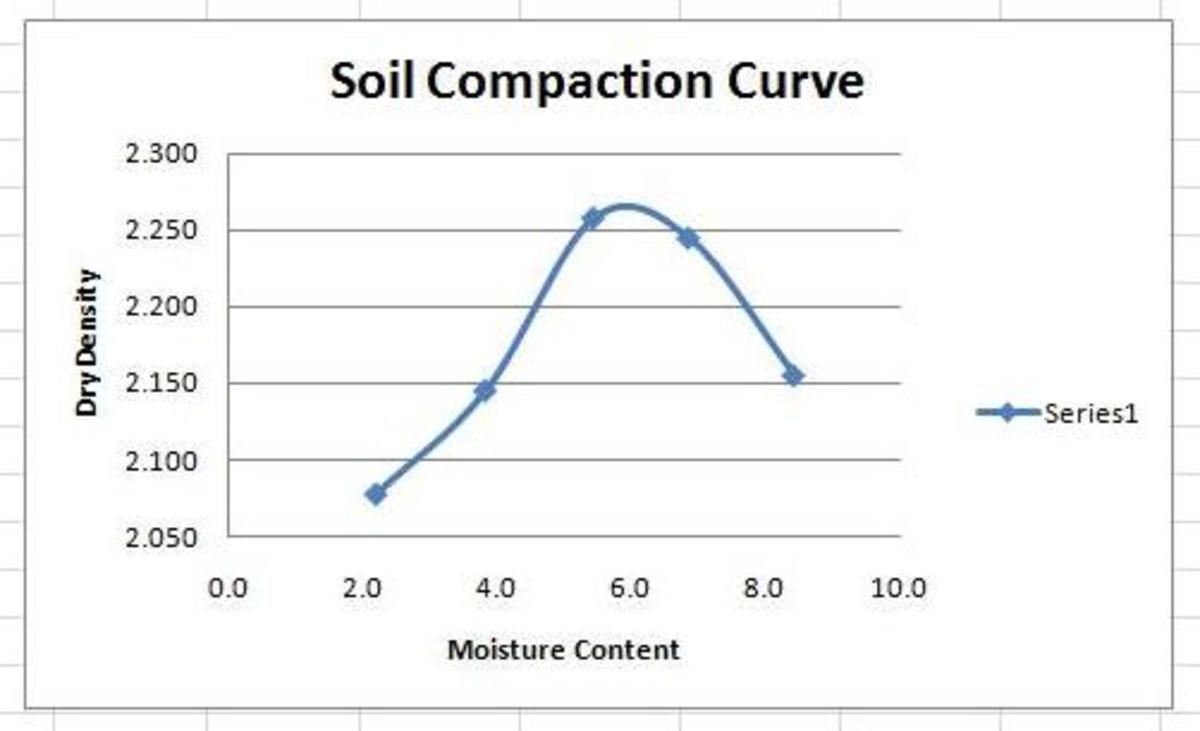

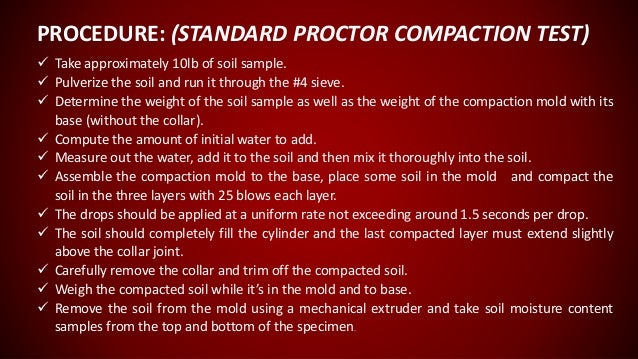



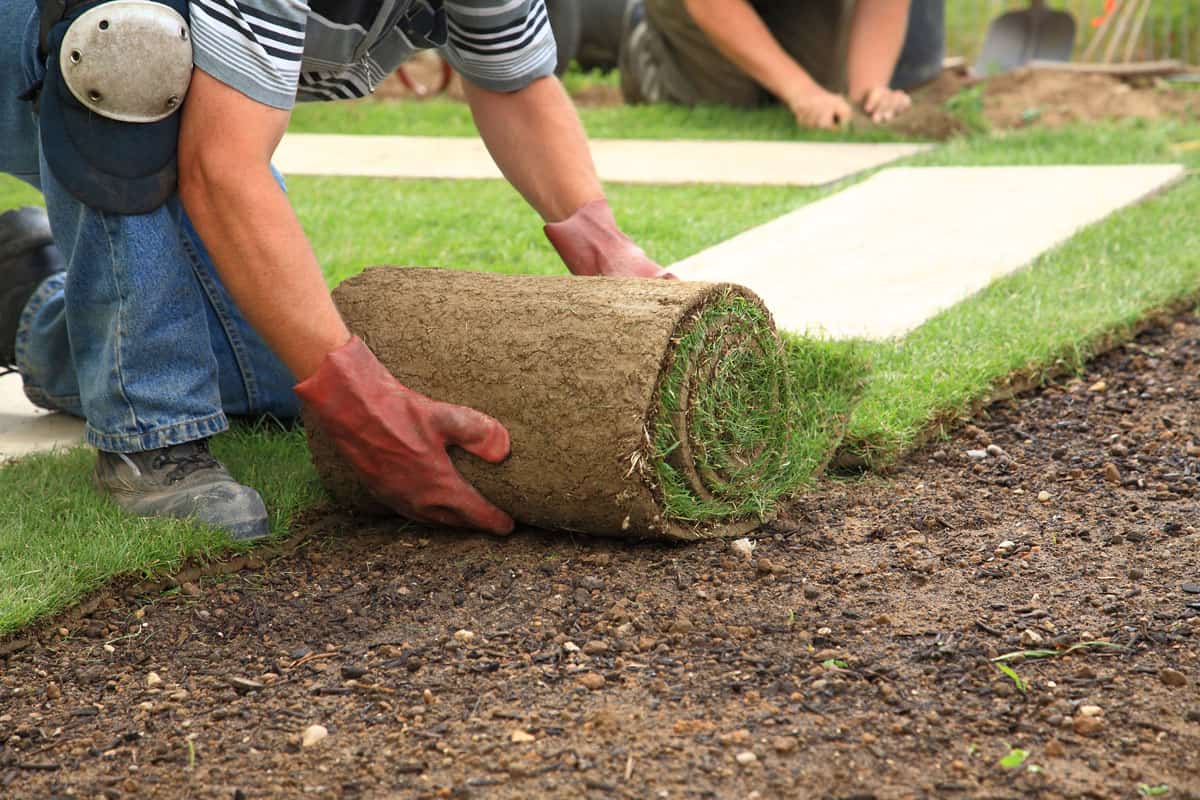



No comments:
Post a Comment
Note: Only a member of this blog may post a comment.